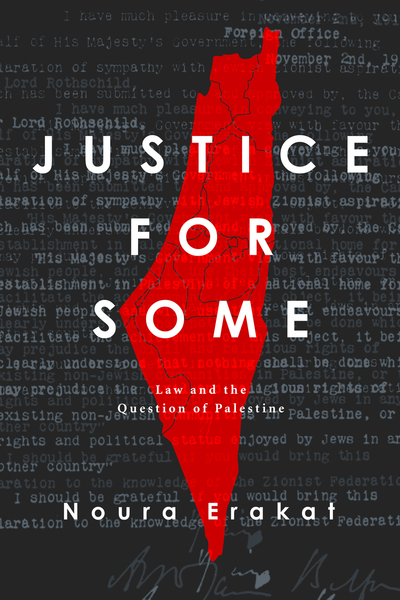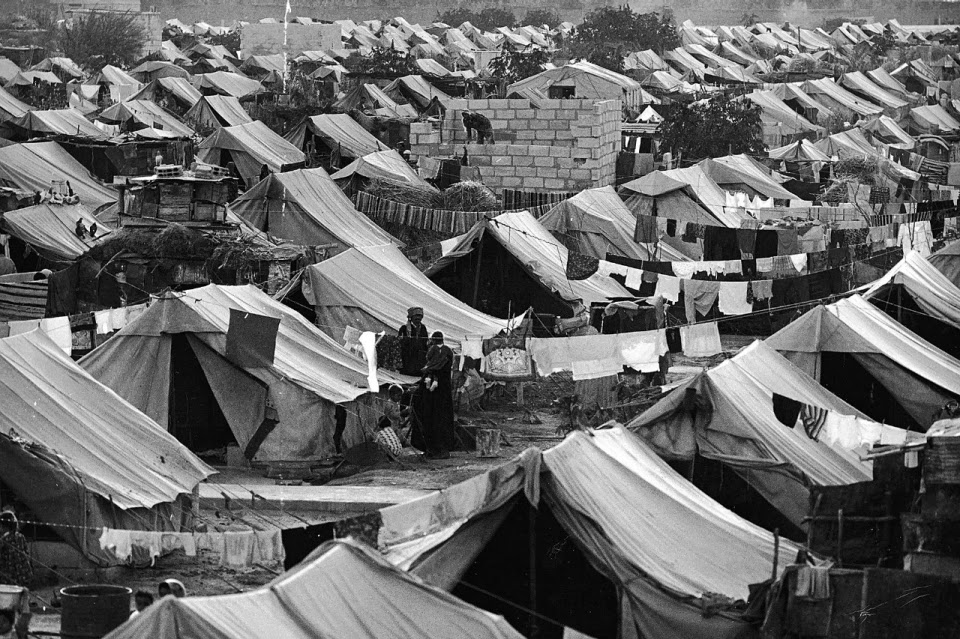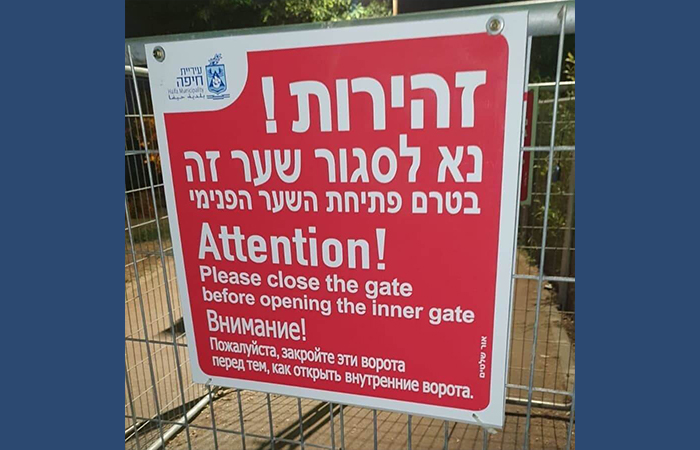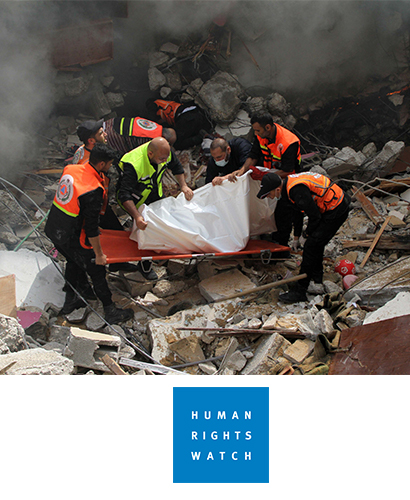Justice for Some. Law and the Question of Palestine
In this important contribution, the author insists that international law cannot, in and of itself, be considered as a vehicle for delivering justice. In support of this claim, she observes that while it can influence the behavior of states, it cannot command them. In referring to the specific example of Palestine, she identifies two further reasons: first, this law derives from a colonial order that “reifies, rather than unsettles, an asymmetry of rights and duties among international actors”; and second, under this law, enforcement is deeply politicised, which “leav[es] it to the discretion of states to decide when, how, and whom, to punish”.
On the basis of these observations and the title of her book alone, the reader would perhaps be forgiven for assuming that Erakat intends to summarily dismiss the pretensions of international law, along with the related proposition that it can be an essential tool in the search for peace with justice. However, this is not the case, and she instead seeks to demonstrate that, its lack of success to date notwithstanding, it can make a vital contribution when it is wielded by a sophisticated political movement that can “give meaning to the law and also directly challenge the structure of power that has placed Palestinians outside the law”.
Richard Falk, the celebrated legal scholar, staunch opponent of Israeli apartheid and co-author of the seminal UNESCWA report, Israeli Practices towards the Palestinian People and the Question of Apartheid, recognizes Erakat’s contribution in moving the discussion of the legal dimension beyond purely legalistic framings. He observes:
Without any doubt, Justice for Some is the best book on the law and politics of the Palestine/Israel struggle―sophisticated, learned, humane, and creative. Noura Erakat makes a profound contribution to our general understanding of the paradoxical role of law in the contemporary world.
- Publication date: April 2019
- Hardcover ISBN: 9780804798259
Paperback ISBN: 9781503613577
Ebook ISBN: 9781503608832 - Keywords: Israel, International Law, Colonial Order, Palestinians, Political Movement, Justice



